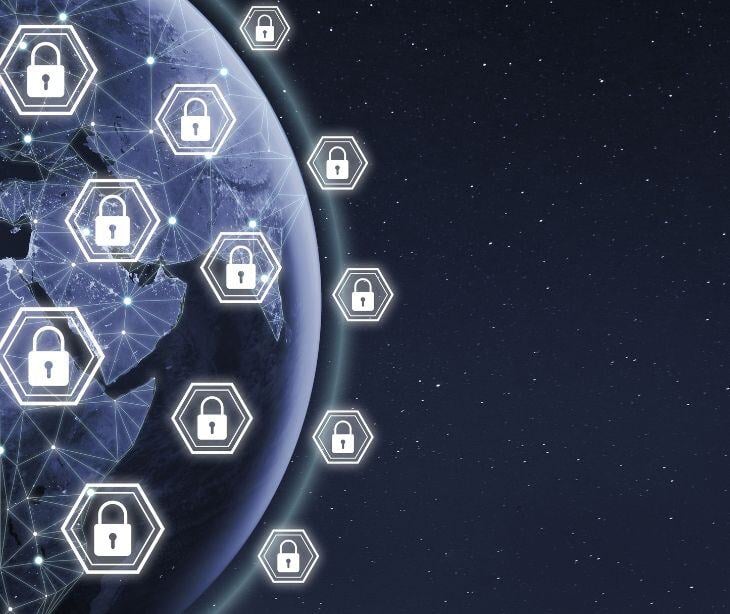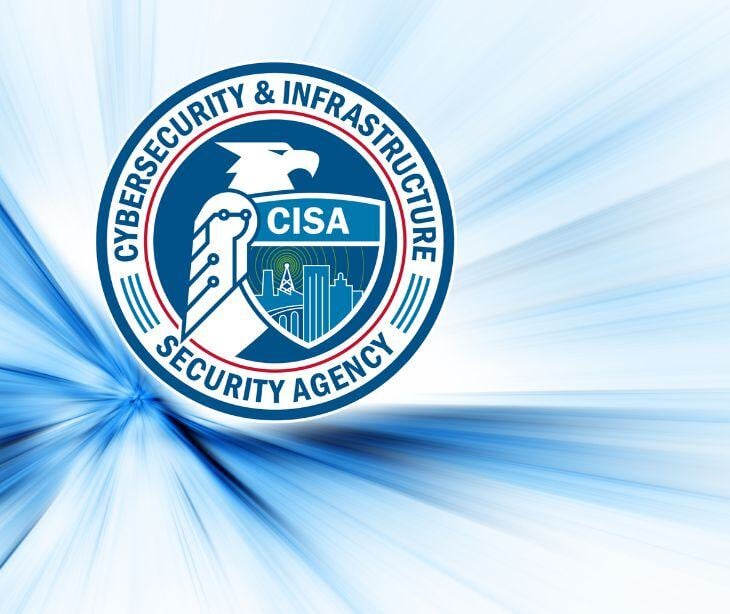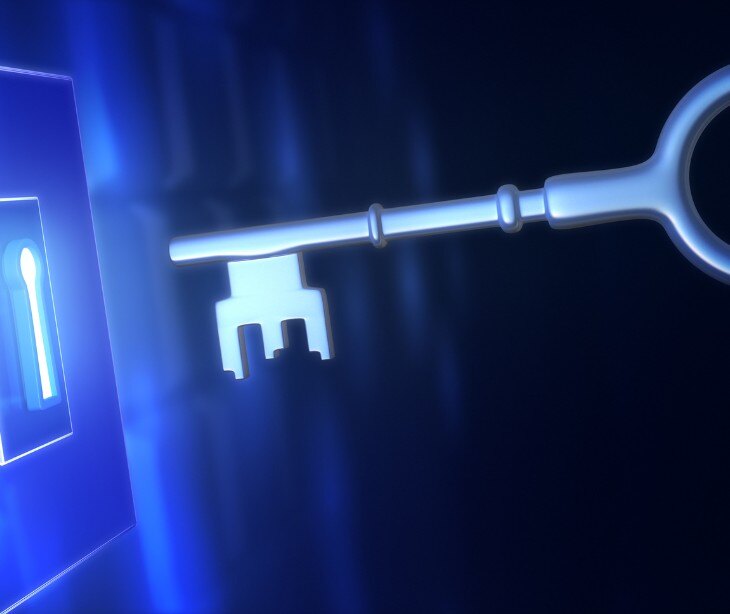
Nation states are groups or organizations affiliated with a government that direct cyber operations in a way that advances their national interest. These states range widely but a central unifier is their goal of furthering the interest of the country they represent regardless of the consequence to global cybersecurity.
Nation states and cybersecurity
Countries like China, Russia, and North Korea are identified by the CISA as well known nation states. These states use advanced persistent threats (APTs) against any perceived adversaries. According to the CISA, “APT actors are well-resourced and engage in sophisticated malicious cyber activity targeted and aimed at prolonged network/system intrusion. APT objectives could include espionage, data theft, and network/system disruption or destruction.”
Unlike independent hackers or hacktivist groups, nation states have vast resources and access to the latest technology. Their attacks are generally part of broader geopolitical strategies aimed at achieving objectives like economic disruption. It makes nation states particularly dangerous as attacks are targeted against the chosen network over extended periods with initial entry into systems remaining undetected until it is too late.
Why nation state actors target US healthcare
Healthcare systems are home to large amounts of valuable data. This data ranges from protected health information (PHI) to intellectual property related to medical research. Nation threat actors see this as a resource for strategic leverage over their target. The disruption of these systems allows for the greatest level of widespread harm and chaos in the shortest time.
The disruption of these systems allows for widespread harm and chaos to spread in the shortest time. Attacking healthcare organizations can act as the first step in weakening the resilience of a country's critical infrastructure. Between accessing valuable data from the countries' citizens to the diversion of resources away from healthcare systems, the U.S. healthcare sector and the thousands of organizations that fall under the sector are vulnerable to nation state actors.
How to secure email accounts against nation state cybersecurity threats
Nation state actors often exploit communication systems as points of entry and conduct phishing campaigns. Email accounts are one of the most used and at times unprotected methods of communication in healthcare. HIPAA compliant email platforms like Paubox offer features designed to protect sensitive data and prevent unauthorized access from threat actors like nation states.
Through advanced threat detection and prevention mechanisms like blocking phishing attempts and flagging suspicious activity. Features offered by Paubox like ExecProtect guard against display name spoofing, a common tactic used in spear phishing attacks. This all serves to guard against the methods of attack applied by nation states actors to break down cybersecurity defenses.
FAQs
What are the motivations behind cyberattacks?
Hackers have reasons for attacking organizations that vary from money to delivering politically driven messages.
How does HIPAA relate to cybersecurity?
HIPAA secures protected health information (PHI) from cyber threats by setting safeguards in place to prevent breaches.
What are the markers differentiating a cyberattack from a cybersecurity incident?
A cyberattack is a deliberate attempt to harm, steal, or disrupt, like a hacker stealing data or locking systems with ransomware. A cybersecurity incident is any event that affects a system's security but is not always malicious. The main distinction is the intention.




%20-%202025-01-04T153314.713.jpg)